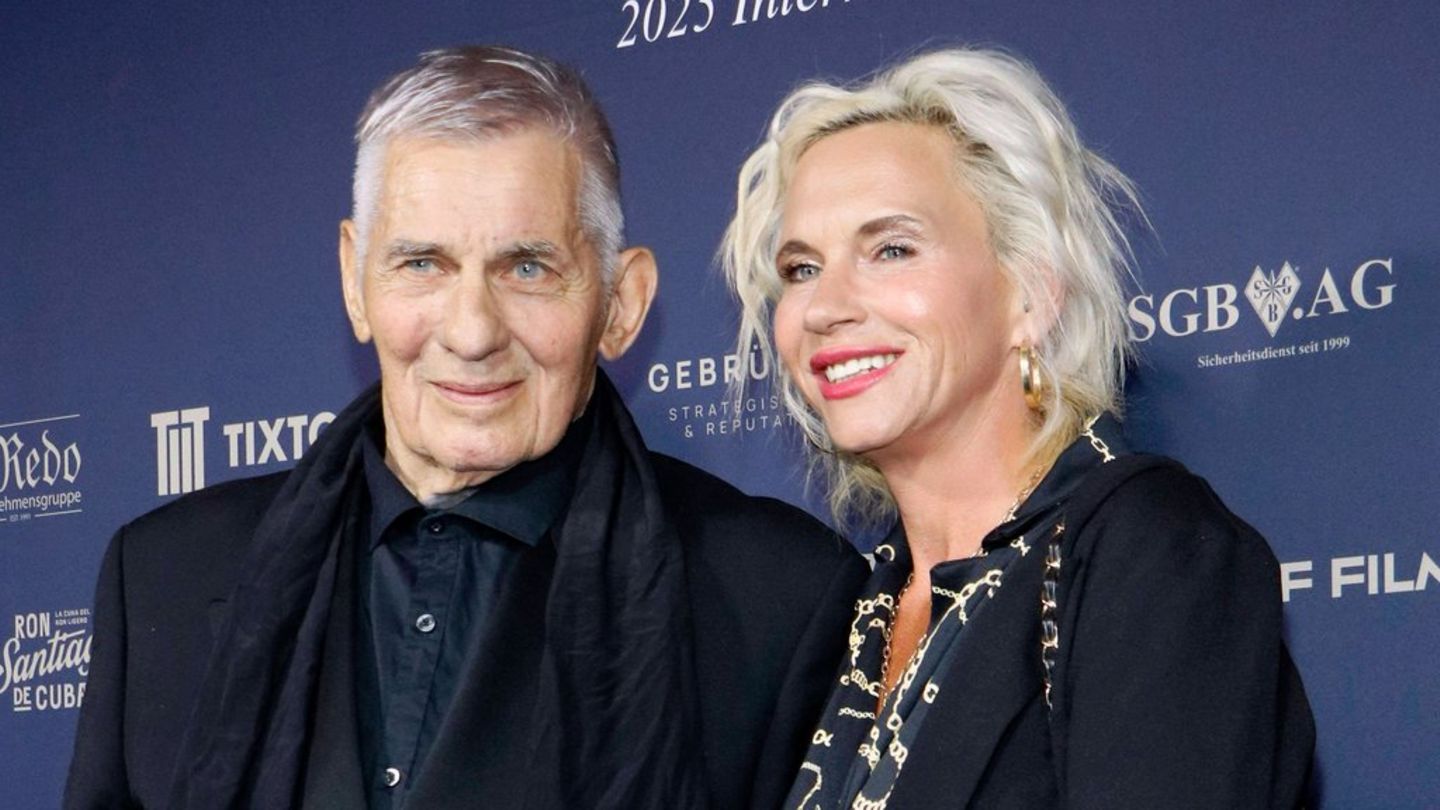Internally, the decision on the 2024 budget was scheduled for this Wednesday’s cabinet meeting. But there is still no agreement. The traffic light leaders no longer have much time for conversations.
Will the traffic light coalition decide before the end of the year how money will be spent next year? Today, Chancellor Olaf Scholz (SPD), Economics Minister Robert Habeck (Greens) and Finance Minister Christian Lindner (FDP) met for another round of negotiations – the end is open. One thing is certain: the time frame for a possible agreement is becoming increasingly narrow.
Government spokesman Steffen Hebestreit remained cautiously optimistic. At least the federal cabinet will probably discuss the plans before Christmas. “I’m definitely assuming that,” said Hebestreit in Berlin. But it is becoming increasingly unlikely that the budget can be discussed in time in the Bundestag and the Bundesrat.
Cabinet discussion missed on Wednesday
Internally, the cabinet meeting was originally planned for Wednesday morning: an agreement should be reached by then in order to enable an orderly procedure before Christmas. But in the morning it was clear: That wouldn’t work. The conversations must continue.
However, a decision in the Federal Cabinet is also possible by circulation, i.e. in writing. Hebestreit promised a result “very soon”. But he couldn’t decide on the day. He has learned that a certain amount of time flexibility is always necessary in this coalition.
After a cabinet decision, the Bundestag’s budget committee also needs several more days to deal with the possible new plans before the parliamentary plenary session can give final discussions. The ideal idea is currently a special budget week in the Bundestag directly before Christmas. The Federal Council could then approve the plans on December 22nd. However, it would also be conceivable that only the budget committee would deliberate before Christmas – and the Bundestag would not approve the budget until January.
There’s only a little time left for negotiations this week
But the prerequisite is a fundamental political agreement. And time has to be made available for this too. Because the calendars of the Chancellor and the ministers are full – even if Habeck forwent his planned trip to the World Climate Conference in Dubai this week.
Lindner is expected to attend the meeting of EU finance ministers in Brussels on Thursday afternoon. “As of now he will be driving,” said a spokeswoman for his ministry. Starting on Friday, the SPD will meet for its three-day federal party conference – Scholz is scheduled to speak there on Saturday.
The pressure arose from the Karlsruhe budget ruling. The highest German court declared a budget reshuffle to be null and void. This means that not only 60 billion euros are missing, which were planned over four years for climate protection projects and the modernization of the economy. The judge’s ruling also had an impact on various loan-financed special funds, because it is now clear that the federal government is not allowed to set aside emergency loans for later years.
There is now a gap of 17 billion euros in the budget for next year. According to Lindner, this is not only due to the judgment, but also, for example, to the planned reduction in electricity tax to relieve the burden on the manufacturing industry and the increased level of basic security.
Greens: No savings for the poorest
Savings in various areas and also the renewed suspension of the debt brake for 2024 are now being discussed. The previous arguments for this seemingly simple solution with a resolution of an emergency in the Bundestag have not yet convinced him, Lindner confirmed in an interview with the BR that was distributed on Tuesday evening. The SPD and the Greens are currently advocating for this.
Green Party leader Ricarda Lang warned in the BR that the country’s modernization and development towards a climate-neutral economy should not be stopped. “Because it’s about nothing other than jobs, prosperity and security for our citizens.”
There will only be solutions if each of the three partners moves. It’s about preventing a state crisis. The red line for the Greens is to make savings for the poorest. Lindner, on the other hand, sees further savings potential in social spending, on which the federal government spends 45 percent of its spending. At the same time, he emphasized: “Tax increases must be ruled out.”
Source: Stern
I have been working in the news industry for over 6 years, first as a reporter and now as an editor. I have covered politics extensively, and my work has appeared in major newspapers and online news outlets around the world. In addition to my writing, I also contribute regularly to 24 Hours World.




